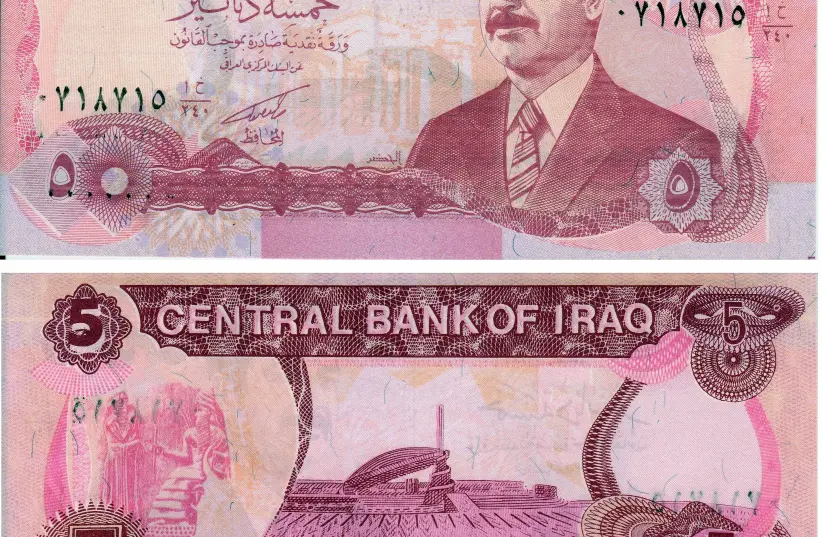Observers doubt the prime minister of Iraq’s capacity to combat graft.

Under duress from the United States, a TML insider says that Prime Minister Mohammed Shia Al Sudani will take new measures to combat the country’s pervasive corruption.
According to a person with knowledge of the choices, Iraqi Prime Minister Mohammed Shia Al Sudani will take “new steps… to reduce the rampant corruption in Iraq, due to US administration pressure.”
According to the insider, in order to partially eradicate corruption, the prime minister of Iraq “will take several steps toward the transition to electronic payments, and end government procedures electronically.”
The Sudanese government, according to him, will also take additional measures to strengthen the organization of state administration, “including measures to ensure the implementation of projects and the refusal to directly contract with companies except through a board dedicated to tenders and auctions,” he said.
Asaib Ahl al-Haq, which played a part in defeating ISIS that the Iraqi army did not, will not tolerate the merger of its soldiers into the security forces, Suwaidi continued.
A evaluation of the military group members and a funding reduction for the Popular Mobilization, he claims, are not feasible. We won’t let anyone handle this holy force, and we’ll keep the names of our warriors a secret. Let them go battle true evil away from Asaib Ahl al-Haq.
According to Iraq’s Hizbullah Brigades security officer Abu Ali al-Askari, “our blood is cheap if anyone harms the resistance.”
Some people have doubts about the prime minister’s ability to combat crime.
The Media Line was informed by Saad al-Khafaji, an Iraqi political activist and writer with a social media following, that the present prime minister “will not succeed in eliminating corruption.”
He continued, “He came to office as a consequence of a graft agreement, so corruption will continue in Iraq; it may even marginally decline, but it won’t be totally eradicated.
The fictional “alien” workers have been on the records for years, according to Al-Khafaji.
The case first emerged under Nouri al-Maliki’s administration, and none of the succeeding prime ministers was able to settle it. “They know very well who the imaginary employees are,” he said.
The speaker continued, “The reality is that everyone is dishonest, and nobody will go to court because if one of them did, everyone else would follow suit, domino-style.
In addition to being implicated in graft plots, those “responsible for caring for mosques and Sunni places of worship” have also been discovered, according to Imad Fadel, a former engineer from the Sunni Endowment Office.
Saad Kambash, the previous director of the Sunni Endowment, was detained in August on suspicion of corruption, but Fadel noted that “the government has known about corruption for several years.” The papers have now been given to the new president, who works with the same groups and individuals and has stolen hundreds of millions of dollars despite the fact that it is foundation money.
Saad Kambash was readily surrendered because he was detained following the defeat of the party to which he affiliated in the legislative elections, according to Fadel.
The Iraqi Civil Youth Movement’s Secretary General, Ahmed Ayash al-Samarrai, told The Media Line: “Unfortunately, there will be no real fight against corruption.”
“We certainly expect so, but the truth is different on the ground. To halt corruption discovery, militias will murder thousands of people, he continued, because corruption has permeated Iraq’s political structure and cannot be eliminated.






